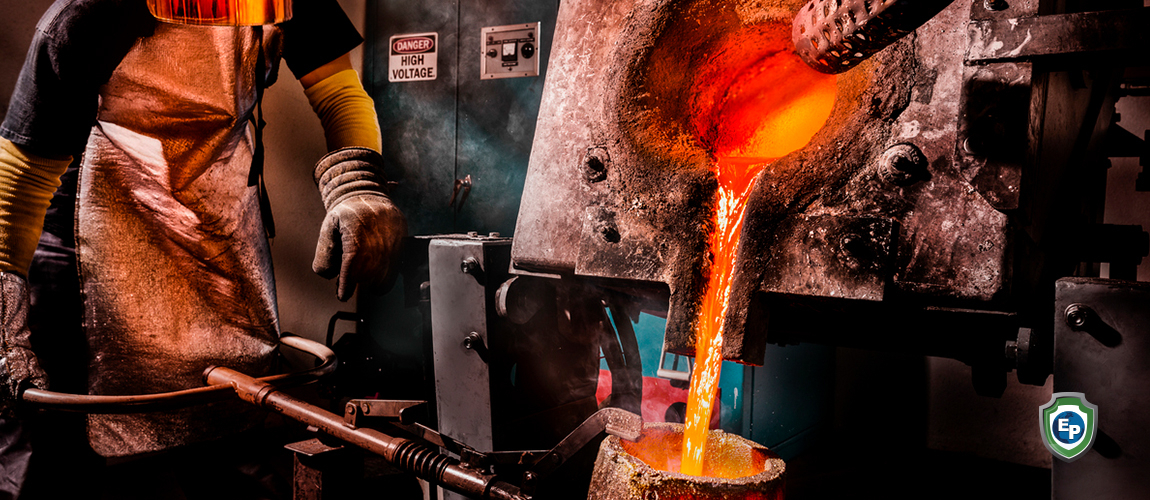The Impact of Aluminium and Steel Tariffs on International Trade
Steel and aluminum are essential products for manufacturing and infrastructure work. Today the supplies and pricing of aluminum and steel have become a contentious global issue. Read More!

Steel and aluminum are an essential product for manufacturing and infrastructure work. The aluminum and steel industry are also traditionally large employers, and towns have been formed around steel mills. Over the years, competition has become stiff, and technology has either brought better material or made the industry less reliant on manual labor. This has impacted communities that were built around steel mills as well, since paying jobs have become scarce.
The supply and pricing of aluminum and steel have become a contentious global issue. This is due to international trade opening new markets for steel products and increasing competition. Increased competition has resulted in lower profit margins and substantial job cuts. The communities have become a favorite blue-collar voter hunting ground for politicians who promise to bring the "good old days back." This usually comes with promises to put tariffs on imported steel and aluminum.
Applying tariffs to imported products is no longer as simple as it used to be. This is mainly due to standing trade agreements, which are becoming more and more of a norm. Not only are there trade agreements, but there are international bodies that have oversight on how nations trade with each other such as the World Trade Organisation. A nation cannot just impose tariffs without taking into account trade agreements and trade bodies.

If a government does get its tariffs through, it usually has enormous ramifications.
- By their nature, tariffs increase the price of imports, thereby allowing local suppliers to have a price advantage. Local suppliers of steel and aluminum will experience more significant profits.
- An increase in demand for local steel and aluminum can result in increased production levels and, ultimately, more jobs.
- It also enables investors to more eagerly invest in the industry, which can lead to modernized equipment and innovations.
Aluminum and steel are versatile and can be found in a range of products. The impact of tariffs goes beyond construction and infrastructure as the metals can be found in vehicles, home appliances, toys, and more. Each industry has a varying need for aluminum and steel and can be negatively impacted by tariffs as;
- Domestic steel mills cannot usually supply nations with substantial local manufacturing and exporting of goods. Their needs are generally too large for the few mills.
- Inversely restricting steel and aluminum imports can affect how to reduce manufacturers' ability to increase production.
- It also disrupts supply chains as it distorts prices and creates uncertainty.
- Tariffs, particularly in this industry, are a sensitive subject and could easily result in a tariff war with other nations, which will impact the entire economy.
Stay Tuned with Export Portal
Export Portal isn’t just a one-stop-shop for all your international trading needs. We also have the latest news on the import/export world so you can stay informed. Subscribe to our newsletter today to keep up!






Comments 0